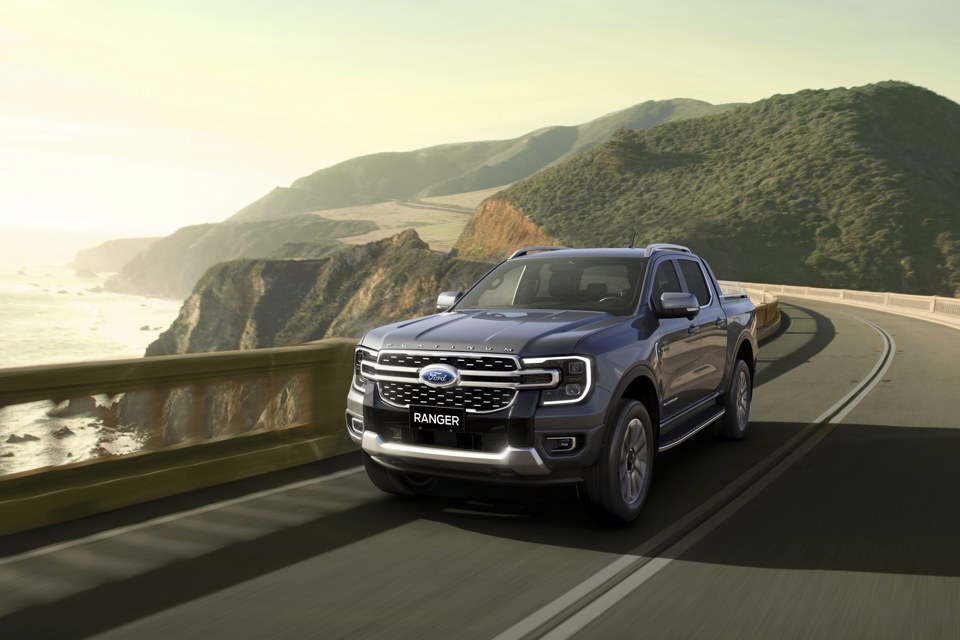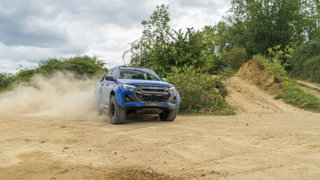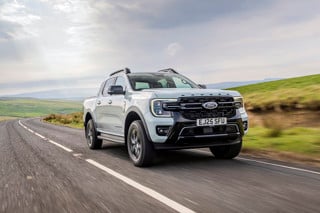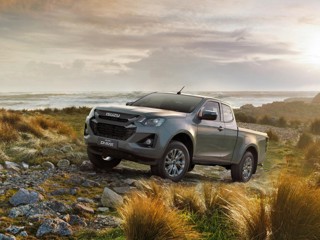Double cab pick-up trucks will be treated as company cars for tax purposes, dramatically increasing the benefit-in-kind (BIK) tax paid by drivers.
The previous Government performed a spectacular U-turn, following a backlash from the fleet sector, after announcing it was initially going to treat double cab pick-ups as company cars.
However, hidden in the small print of the Autumn Budget, the Government says it will treat double cab pick-up vehicles with a payload of one tonne or more as a car for tax purposes.
From April 2025, for corporation tax, and from April 6, 2025 for, income tax, it says that double cab pick-ups will be treated as cars for the purposes of capital allowances, BIK and some deductions from business profits.
The existing capital allowances treatment will apply to those who purchase double cab pick-ups before April 2025.
Transitional BIK arrangements will apply for employers that have purchased, leased, or ordered a double cab pick-up before April 6, 2025.
The Treasury says that they will be able to use the previous treatment, until the earlier of disposal, lease expiry, or April 5, 2029.
Fleets were warned last year that they could be “sleepwalking into a significant tax liability” with HMRC investigating vehicle classification for BIK tax purposes.
It follows years of debate around legislation defining the tax treatment of when a vehicle is a van or a company car.
One of the most notable instances involved Coca-Cola, which resulted in HMRC winning the appeal that Coca-Cola’s Vauxhall Vivaro and VW Transporter T5 Kombis (1st and 2nd generation) were cars and not vans.
Fleets are also being urged to consider HMRC guidance around the use of crew panel vans after the tax status of double cab pick-ups was changed in the Budget.
The decision to classify double cab pick-ups as company cars by default will hit the bottom line of fleets, because cars are more expensive from an income tax and national insurance perspective than vans – this is also true of any associated fuel benefit provided.
It will also mean the BIK paid by employees will rise by thousands of pounds a year. Currently all pick-ups are subject to a fixed benefit of £3,960.
A Ford Ranger, with a list price of circa £48,000 and CO2 emissions of more than 170g/km, would be in the 37% bracket meaning BIK of around £17,700 a year, leading to employee tax of £7,110 a year for a 40% taxpayer or £3,550 a year for a 20% taxpayer.

























Login to comment
Comments
No comments have been made yet.